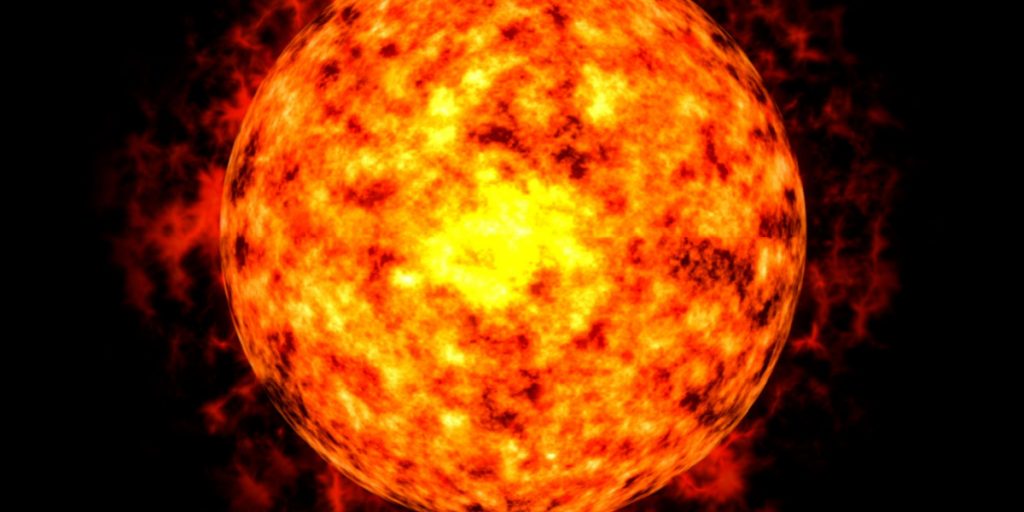Huge Solar Storm to Hit Earth Today.
Others are reading now
A massive solar storm, also known as a coronal mass ejection (CME), is set to strike Earth, potentially disrupting radio, internet, and GPS services in some regions on Friday, according to US forecasters. This solar event is expected to interact with Earth’s magnetic field, impacting various communication forms and possibly causing vibrant auroras.
According to Independent, space weather physicist Tamitha Skov highlighted that the storm, predicted to hit Earth during the day December 1, could lead to aurora sightings deep into mid-latitudes if the magnetic field aligns correctly. She also warned of likely amateur radio and GPS reception issues, especially on Earth’s nightside.
The US National Oceanic and Atmospheric Administration (NOAA) and other forecasters had previously anticipated that three solar storms were en route to Earth, with some likely to merge, intensifying magnetic field disruptions. Dr. Skov noted the possibility of strong G3-level magnetic storms and auroras on Earth, with G3 storms known to cause intermittent satellite navigation and low-frequency radio navigation problems.
Social media has been abuzz with skywatchers sharing photos and videos of stunning aurora displays in the northern hemisphere. The NOAA upgraded its watch to a G3 level due to the convergence of multiple CMEs, indicating strong conditions likely on December 1.
Also read
Solar storms, consisting of plasma and ionized matter, are powerful energy blasts from the Sun, originating from solar flare events linked to sunspots. These storms can interfere with Earth’s magnetic field, potentially causing damage to electrical grids, satellite disruptions, and internet connectivity issues.
The incoming solar storm, resulting from a strong flare near “Region 3500” on the Sun, could particularly affect communication systems in high latitudes. Dr. Skov suggested the possibility of G3-G4 level disruptions, considering the multiple solar storms already headed towards Earth ahead of this one.








